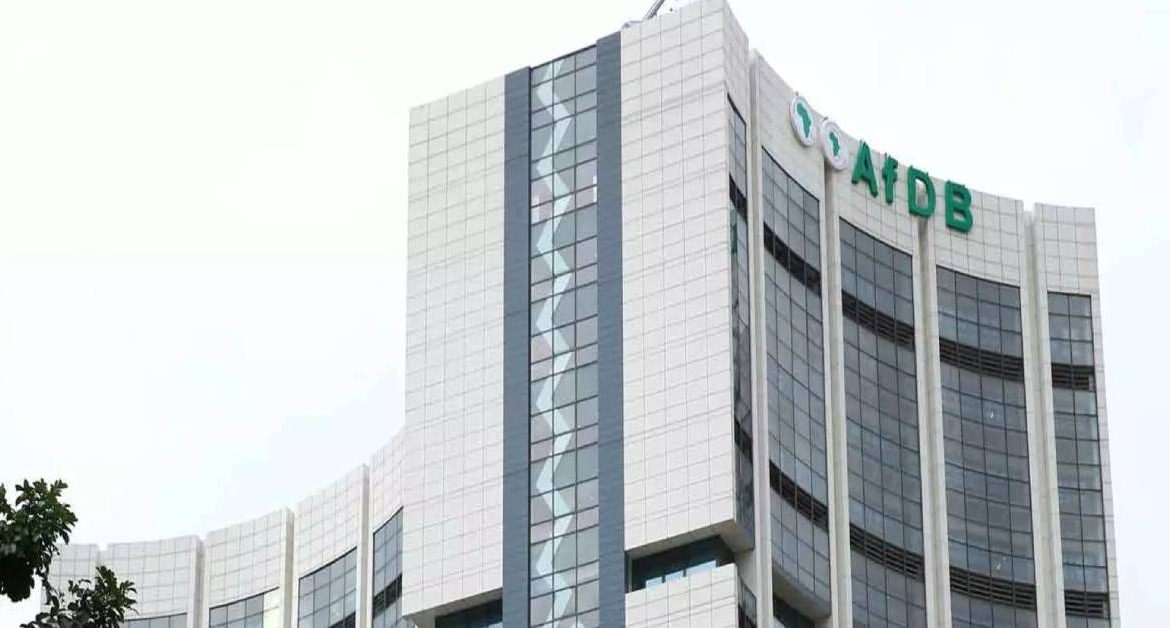
Nigerian cabinet approves $1 billion loan from the African Development Bank, according to Finance Minister Olawale Edun. Nigeria's cabinet gave its approval on Monday for a concessional loan from the African Development Bank (AfDB) to strengthen the budget and increase foreign exchange reserves. Following a cabinet meeting in Abuja, Edun revealed that the AfDB loan would carry a 4.2% interest rate over a 25-year period, including an eight-year moratorium.
In a parallel development, the Nigerian cabinet revised the 2024 budget, increasing it by 1.5 trillion naira to reach 27.5 trillion naira ($32.76 billion). This adjustment came after revising the oil price benchmark and lowering the naira exchange rate assumption.
“„Federal Executive Council approved a $1 billion concessionary loan for general budget support and to be used to improve forex availability in the country. The $1 billion loan from AfDB is a budget support fund for ongoing economic reforms. It is to support government programs in power sector, social inclusion, and the fiscal policy reforms as a whole sector policy initiative.- Nigeria Finance Minister Olawale Edun
Edun announced that the cabinet has given approval for a cap of 2 trillion naira to be utilized for the purpose of refinancing costly government debt, aiming to reduce the burden of debt servicing expenses. Nigeria has been grappling with a significant portion of its revenue being allocated to debt service obligations, primarily attributed to the challenge of low tax collection.
"The view is that there will be an opportunity to save about 50 billion naira or more in debt servicing over time by giving back expensive debt, refinancing it with cheaper funding," Edun said.
President Bola Tinubu has initiated some of Nigeria's most audacious reforms in decades, notably eliminating a widely favored yet expensive petrol subsidy and dismantling a complex system of multiple exchange rates that artificially bolstered the currency, hindering trade and economic expansion.
Conclusion
Tinubu's focus lies in revitalizing Nigeria's economy, drawing in investors to stimulate growth - a task that has faced stagnation for nearly ten years. Addressing a substantial debt load and grappling with double-digit inflation are key components of this reform agenda.